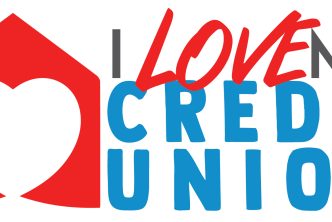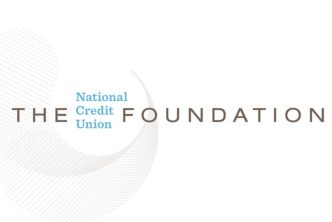Through consistent, bipartisan collaboration, the NCUA Board is revising the agency’s regulations to relieve the regulatory, reporting, and examination burdens of federally insured credit unions, NCUA Board Chairman J. Mark McWatters said when speaking to attendees of the National Federation of Community Development Credit Unions’ Annual Conference in Clearwater, FL. During his remarks, McWatters said that his collaborative partnership with Board Member Rick Metsger has resulted in more than two dozen substantive changes to NCUA’s regulatory structure, resulting in less burdens on credit unions while enhancing access to affordable financial services, including for consumers in unbanked and underserved communities.
McWatters also announced the awarding of $2 million in Community Development Revolving Loan Fund grants to 203 low-income credit unions. These funds will be used for digital services and security programs, outreach to underserved areas, and leadership development and training for credit union staff.
Congress created the Community Development Revolving Loan Fund, which the NCUA administers, to provide grants and loans to credit unions serving low-income communities. The agency received applications from 243 credit unions for more than $2.5 million in funding requests during its 2018 grant round.
Expanding access to affordable financial services has been a priority of Chairman McWatters since he joined the NCUA Board in 2014. As Chairman, he has proposed and recommended regulatory and legislative changes that would provide new opportunities for credit unions to serve unbanked and underserved communities.
During his remarks, McWatters also noted there continues to be strong and consistent demand for short-term, small dollar loans. A viable short-term loan program provided by credit unions could be an alternative to high-priced payday loans and a way to break the cycle of debt that traps millions of consumers, he argued. Additionally, such a loan program could be a first step in bringing the millions of unbanked and underserved populations into the credit union system, he said.
In June, the NCUA Board proposed amendments to the NCUA’s payday alternative loan regulations to provide federal credit unions with additional market-based, payday alternative loan options. Adjustments to the proposal are being considered to better meet the needs of consumers.





